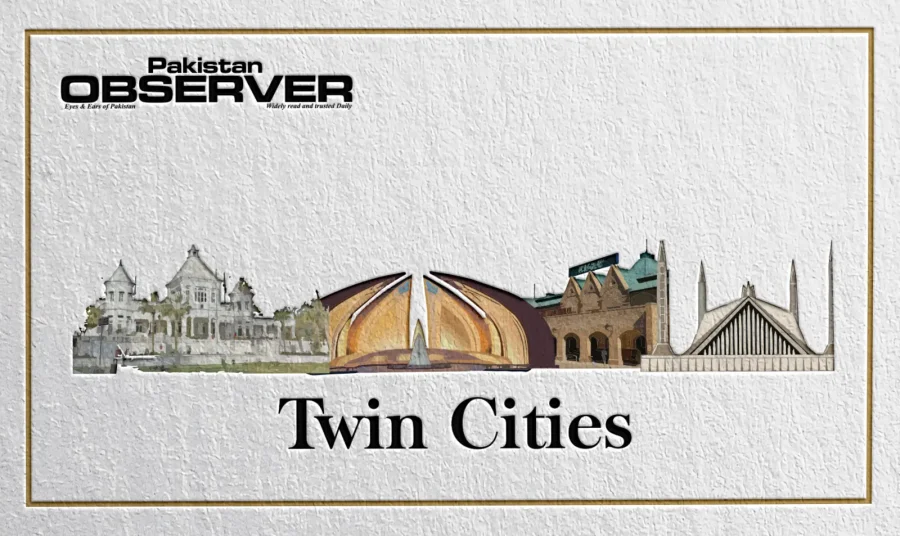Former Chairman of Joint Chiefs of the Staff Committee (CJCSC), General Zubair Mahmood Hayat on Tuesday said the politicization of India’s military strategy, drawing from historical figures like Chanakya, whose principles emphasised power and deception at all costs was posing a threat to the region’s peace and stability. As part of the commemoration of Youm-e-Takbeer, the Arms Control and Disarmament Centre (ACDC) at the Institute of Strategic Studies Islamabad (ISSI) hosted a seminar titled “Missile Developments in South Asia: Global and Regional Implications.” General (R) Zubair Mahmood Hayat, former Chairman Joint Chiefs of Staff Committee was the chief guest, a news release said.
Distinguished speakers included: Dr. Zafar Nawaz Jaspal, Dean and Professor SPIR, QAU; Air Commodore (R) Khalid Banuri, Adviser Jinnah Centre for Character and Leadership (JCCL), AHQ Islamabad; Ghazala Yasmin Jalil, Research Fellow ACDC-ISSI; and Dr. Naeem Salik, President Strategic Vision Institute (SVI).
In his keynote address, General Zubair Mahmood Hayat provided a profound analysis of India’s ideological and strategic shifts.
He began by commemorating Youm-e-Takbeer and emphasized that it was a day to reassert national pride and ownership. He stated that missile development in South Asia must be seen as a “tool” in the hands of the current political dispensation in New Delhi, which was affecting the ideological shift from ‘India to Bharat’. He argued that the RSS ideology driving this transformation has far-reaching ramifications at both regional and global levels.
He asserted that an expansionist and revisionist agenda, now deeply influencing Bharat’s strategic intent, significantly diverges from India’s historical strategic culture. He pointed out that India’s aggressive missile developments, including deploying advanced systems like the BrahMos missile and developing MIRVs, reflect this new strategic posture.
He emphasized that these developments pose significant regional and global security threats, necessitating Pakistan’s vigilant and comprehensive response. He also pointed out that India had the fastest-growing nuclear program in the world, which remained opaque.










